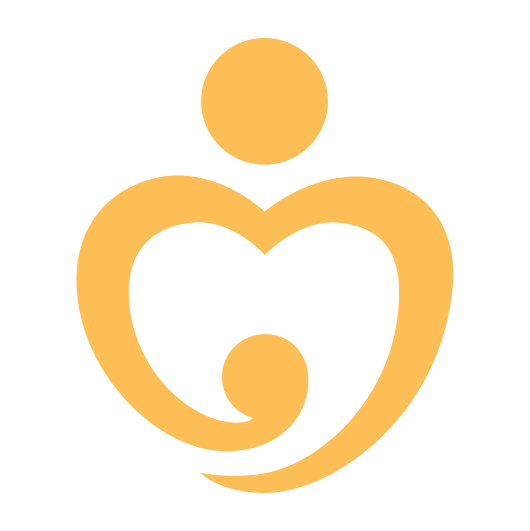A new special neonatal care unit brings hope to improving services for neonatal health
By Naresh Newar in Ilam district, Nepal
As the Senior Nursing Supervisor of Ilam District Hospital, Sabina S. and her small team of 15 nurses usually have a lot on their plates. As the main hub for healthcare services of the district, Ilam Hospital usually has a huge inflow of patients. The nurse-patient ratio is exceedingly high, with each nurse providing care of so many patients due to a big shortage of their medical workforce.
“It is challenging but we are not complaining as we have a dedicated team of nurses to provide quality services,” says senior nurse Sabina, who believes that the hospital can achieve a lot with better and adequate equipment, which is often a challenge for most of Nepal’s public hospitals that are low on resources to invest in upgrading their facilities.
One of the biggest challenges caused by resource constraints is also the lack of well-equipped neonatal care units in most public hospitals like Ilam Hospital. But there is now a positive development at the hospital, and all nurses are elated with the news of a new system in place that is making their dream of having a high-quality Special Neonatal Care Unit (SNCU) in place.
In March 2021, One Heart Worldwide (OHW) provided full support to bring in a complete set of quality equipment that is essential to creating a well-functioning neonatal care unit. They now have a set of radiant warmers to keep the babies warm and to prevent hypothermia (a dangerous drop in body temperature), syringe pumps, incubators, room thermometer, oxygen concentrator, mobile x-ray machine, and several other essential kits.
“All the new equipment will help to achieve our vision for creating a model SNCU and we all owe so much to OHW for making this happen,” says Sabina.
She recalls how the nurses used to provide neonatal care services in a small corner of the post-op room. Even after a separate room for SNCU was created, the hospital had been struggling to purchase equipment but had only managed to bring in a few machines.
“We had been demanding to create a special neonatal care unit so that we could also help families save their medical expenses while they were seeking intensive care in private hospitals outside the district,” explains Sabina.
Her hospital also had no choice but to refer the patients outside Ilam for special neonatal care during high-risk complications.
Even the private hospitals of Ilam district are not well-equipped to provide specialized neonatal care. Most of the families are often referred to B.P. Koirala Institute of Health Sciences (BPKHS) in Dharan sub-metropolitan city, nearly 150 km distance, and one of Nepal’s biggest and well-equipped hospitals. But usually, the SNCU is packed at the hospital and many also travel to nearby bordering Indian cities.
The journeys to other health and medical centers are long and often risky for the babies and their treatment will be delayed, and the families often end up spending a lot of money for travel, lodging, and medical treatment.
There is now a new hope in Ilam that neonatal care services will improve with the help of the newly equipped SNCU.
“We are confident that our hospital will be able to provide high-quality neonatal care and OHW’s support to equip our SNCU will definitely be impactful and benefit our communities both in the urban and rural municipalities,” says Ramanta Poudel, District Health Coordinator of Ilam district.
She shares how neonatal mortality is still high in Ilam. According to OHW’s own investigation findings, they recorded 35 cases of neonatal deaths in 2020. OHW team conducts validation following every neonatal death through its verification process. Most cases are related to premature births and underweight babies.
“The main reason for the neonatal risks is also due to lack of postnatal care (PNC) and that is a national problem. Most families that we have met believe that the babies will be fine after normal birth delivery at the birthing centers. They want to return home immediately after birth and when they return home, they practice their old traditions of taking care of their newborn babies,” says Sarita S., Public Health Nursing Officer of Ilam Hospital.
Despite an increase in institutional birthing, OHW found many babies at high risk often caused by delays in reaching birthing centers. The team also found babies whose lungs were not properly functioning. Even in normal deliveries, there were cases of pneumonia, jaundice, and hypothermia.
“Now, we have all the best equipment at the SNCU and will help our nursing team to do better diagnosis and can also provide better PNC counselling to the mothers This is why OHW’s support for our SNCU has been so significant,” explains Sarita.
For the local government in Ilam district, equipment support from OHW for the SNCU of the government hospital has been a huge relief, according to the local government body, District Coordination Committee (DCC), which plays a key role in local development budgeting, planning and coordinating the implementation of development initiatives.
“When OHW came to our district with its safe motherhood program, a lot of our burden was lifted by upgrading birthing centres in the rural municipalities. It has now helped us to equip our SNCU at the hospital and that will make a significant impact in our aim to promote maternal and neonatal health care in our district,” says Ilam DCC Chief, Ganesh B.
He shares how his office has a huge responsibility of generating their own internal resources as the budget allocation from the federal and provincial governments will not be enough to carry out all the development activities. Ilam is constantly faced with the challenges of financial resources as a huge chunk of the budget is allocated to road infrastructure, water supply, and new electricity poles in both urban and rural municipalities. Many districts often struggle to find resources to invest in upgrading maternal and neonatal care services. Now with the COVID19 situation, there will be an increasing challenge due to resource constraints.
“There are many government hospitals in many districts where the neonatal care units are still not well-equipped. Such support from OHW in Ilam district has been of immense help to run a high-quality SNCU,” says Dr. Taranath Pokhrel, Director of Family Welfare Division, Department of Health Services in Kathmandu.
He shares how the local stakeholders including the government and local communities are very thankful for OHW’s support and will contribute to improving neonatal health in Ilam.
“We are highly confident that this will be a huge change in the hospital to provide specialized neonatal care for the local community. I hope OHW will continue supporting us in our initiatives for improved MNH services in more districts,” says Dr. Taranath.







